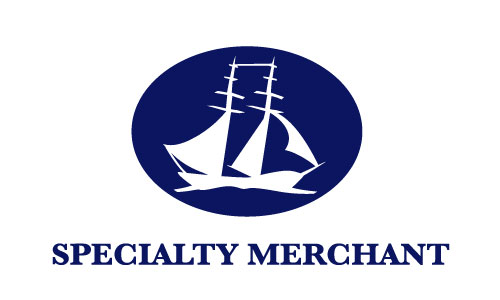What we do
Closeout/Excess Inventory: Excess inventory refers to the surplus or extra inventory that a business holds beyond what is necessary to fulfill its immediate demand or sales forecast. This excess inventory can arise due to various reasons, such as overproduction, inaccurate sales forecasting, changes in customer demand or preferences, or unexpected changes in the supply chain.
When a company has excess inventory, it ties up capital that could be invested in other areas of the business. Additionally, excess inventory can lead to increased storage costs, obsolescence, and markdowns that can ultimately result in lower profit margins or even losses.
Managing excess inventory is essential for maintaining the financial health of a business. This may involve implementing better inventory control systems, improving demand forecasting, optimizing production processes, and implementing effective inventory management strategies such as discounts, promotions, or liquidation sales.
We can assist you.
Non-performing inventory refers to the stock of goods that are not selling or generating revenue for a company. This can be due to a variety of reasons, such as poor market demand, changes in consumer preferences, or incorrect inventory management.
Having non-performing inventory can be a significant problem for businesses as it ties up valuable resources and can lead to financial losses. For example, the cost of storing and maintaining the inventory, as well as the potential for the items to become obsolete or expired, can result in a loss of profits.
To address non-performing inventory, businesses may use various strategies such as discounting the products to encourage sales, liquidating the inventory to recover some of the costs, or adjusting their inventory management practices to prevent overstocking and reduce the likelihood of having excess inventory in the future.
We can assist you.
